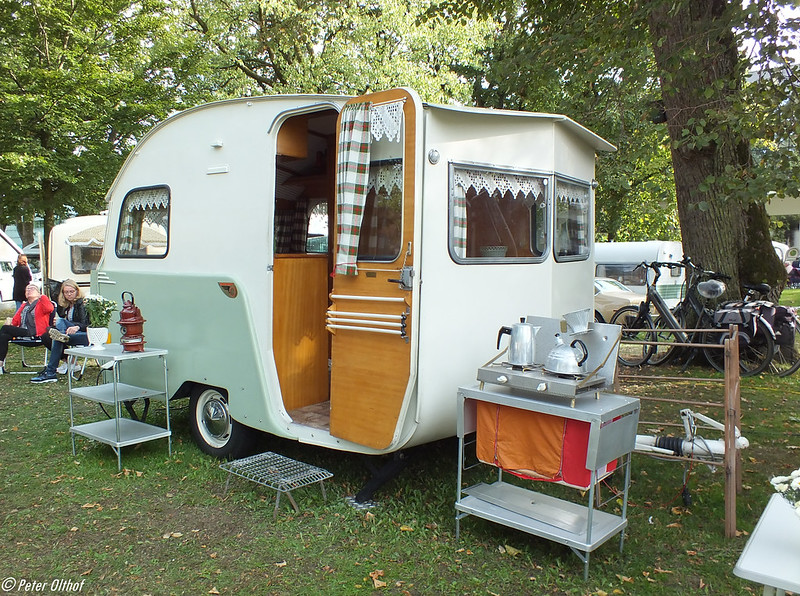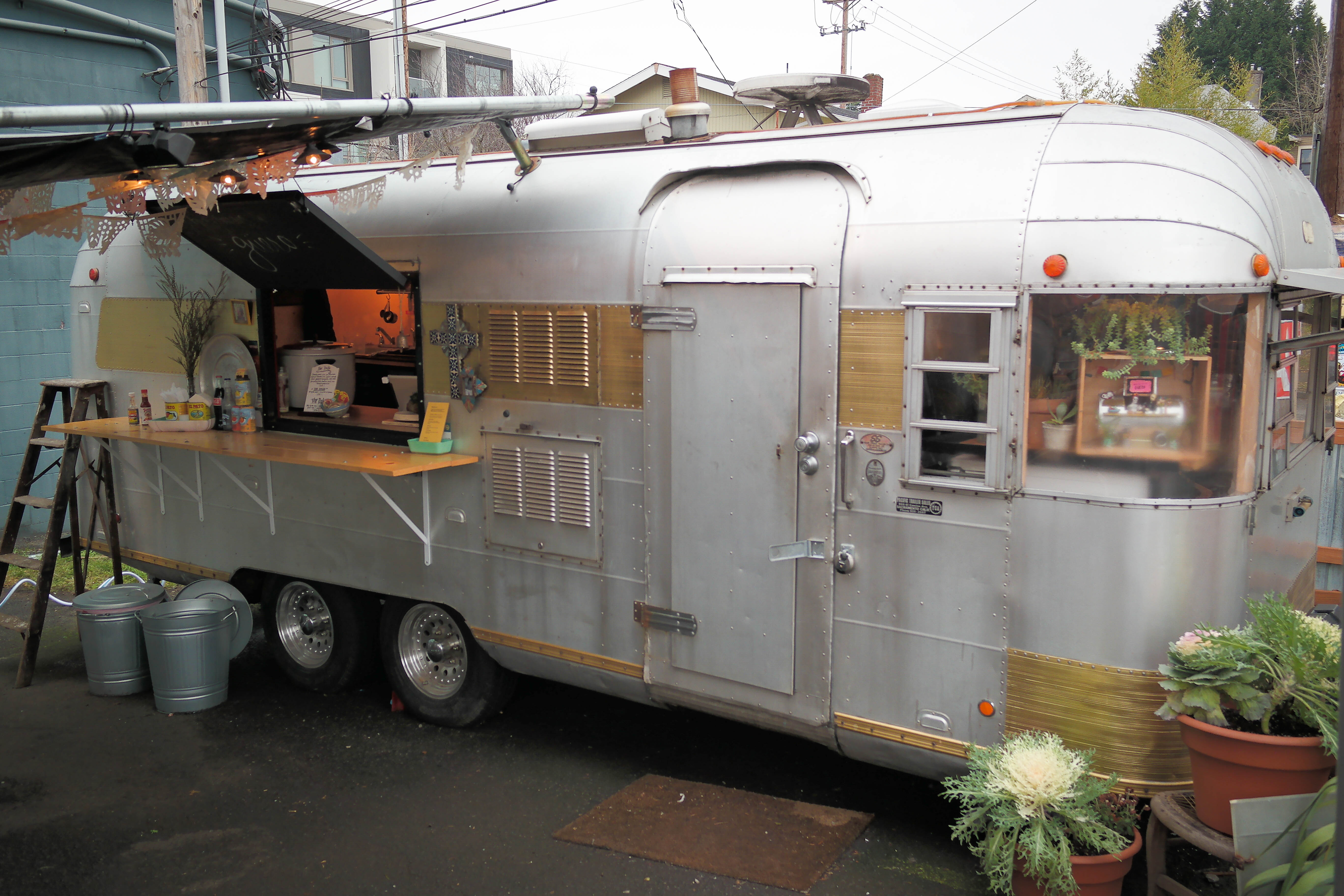Classic Resto
Of course, not everyone wants something so flamboyant. Sometimes it’s just about recapturing a better time or a lovely memory. Or the capture-all reason – “just because.”
That not surprising given there are few moments in your life when you are truly and completely happy. Perhaps those memories belong to a childhood memory of an old caravan your family used to own, and maybe that rig was second hand at the time. It was a wonderful time, in a classic or vintage van.
If you’re thinking that picking up a classic caravan is no harder than the process you might go through when buying a new van, then you might be in for a surprise. The truth is, if you’ve got your mind set on buying a rig from a bygone era, the process might not be quite as simple as you might expect. Here’s a few tips that might make the route to a classic or even antique caravan a little easier.
1.  Getting Social
Getting Social
For as much as the internet is a deep cavern of mis-information, there are some worthwhile social media and caravan forums whose members could offer great leads and tips that’ll help you find a good classic caravan buy. Check out this list
2. Every classic caravan is a labour of love
Don’t go in blind. Caravans have changed a lot over the years since you spent wonderful weekends camping with your grandparents at your favourite beach. There are now a plethora of Australian Standards that determine if any caravan meets the right specs to go on the road. There’s also a lot of new technology with which your grandparents didn’t have to worry about as creature comforts or the sort of technology that helps make the load your car tows light but strong.
And if you want to make the most of an assortment of new technologies, you’re going to have to plan some resto work on your new-old rig before you hit the highway. Those mods might include up-dates suspension, or a better hitch, or even air-conditioning or something as simple as a new cooktop.
3. Mystery or mayhem
There’s a sort of fear that runs through the mind of anyone who has ever restoed a classic car. That often unspoken fear that settles in the back of the mind is the idea that the shell of a car you bought for a un-resistible price after reassuring yourself that "its got good bones and will polish up nicely,” turns out to drain your bank account thanks to the great cover-up job the shyster did to flog the thing to the next unsuspecting bloke with wad of cash burning a hole in their pocket – and you were that bloke. At least you ended up a little lighter on cash and a sense of certainty that you’ll never get caught again. That was before you found the classic van.
Remember that restoring caravans can be mush like restoring old houses, where one problem leads to a whole cascade of dominoing problems that reveal themselves one after the other.
The best bet here, is to pop into your friendly neighbourhood repairer and have a chat about the caravan before you buy it. Remember RV&Caravan have centres at Ballina, Coffs Harbour and Forster-Tuncurry.
4. Water is good for geraniums and bad for old rigs
Depending on the van or motorhome, many rigs of a certain age are likely to suffer from one problem – water damage. Before you commit to buying a van, make sure you run your trusty moisture meter around the corners to see if it’s likely to have a little hidden water damage or rot. Then scramble underneath and see if there is any rust around the chassie. Pay particular attention to seems, where panels overlap and door and window frames.
5. When DIY isn’t good enough
If in doubt about doing the resto yourself and need professional help then check the van or motorhome into a RV&Caravan Centre. Sometimes you just need someone with a quality workshop and trade-skills to really make everything work.
6. Keep it legal
In broad terms there are two sets of rules and regulations of which you need to be mindful if you’re planning to put your classic rig on the road. They are:- the Motor Vehicle Standards Act 1989 and the Australian Design Rules that are standards determined by the Australian Government under section 7 of the Act.
These rules cover everything from weights and measures, when you need a qualified tradesman, ventilation, suspension, construction, gas, electricity, water and more. You simply can’t get any rig on the road without making sure that you tick all the boxes the standards and the law require.
Let us know what resto work you've done. Click here
Classic RV Resto